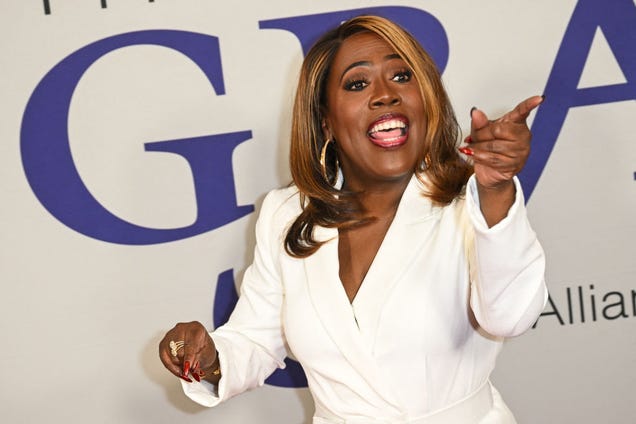When it comes to mental health issues, black women are more likely to experience mental health-related issues due to lower income, poor health, multiple role strain, and the “double minority status” of race and gender according to a study conducted by psychologists who focused on the lack of support black women receive professionally.
More recently, the American Psychiatric Association recently published a study that revealed:
- Only ⅓ of black Americans who need mental health care receive it
- Physician-patient communication differs for African Americans and whites. Physicians were 23% more verbally dominant and engaged in 33% less patient-centered communication with African American patients than with white patients.
- Lack of culturally competent counseling deters folks from seeking care
We know that’s a lot of hardcore facts. So, take a deep breath with us… Now that you have the facts, we want to be sure that you have the tools that you need to take the steps toward your healing or be a resource for another powerful woman.
Speaking of powerful women, we spoke with Dr. LaVerne Collins, interim vice president of Foundation and Professional Services for the National Board for Certified Counselors, about the real on black women and mental health as we prepare for the Women of Power self-care and self-preservation workshop where women can ask our panel of experts anything. Yes, anything!
Black Women Mental Health Facts
When it comes down to the facts and figures, Dr. Collins says that there are a number of reasons why black women aren’t seeking professional help for their stress, anxiety, and other mental health issues. Stigma, pricing, and mistrust of both diagnoses and treatments to list a few.
“There’s stigma that’s still prevalent in the black community. Even a basic mental health issue like stress or anxiety because we as a people have been taught to be strong and we’ve been taught to rely on the inner strength of our ancestors and spiritual sources—all of which are good—however when we don’t seek the professional care that we need those resources don’t give us the complete package of care.”
There is also significant stigma associated with the language that some people use that keeps women from pursuing help.
“We’ve heard people say things like, ‘you know she’s not all the way there…’ or ‘you know she’s a little touched…’ We have very unfortunate labels and judgmental statements that we’ve heard our ancestors use because they didn’t have an accurate understanding of mental health,” says Dr. Collins. And that language only keeps women in hiding to live with their pain.
While the stigmas are very real for a lot of women, Dr. Collins urges women to pay attention to abnormal feelings and triggers that may arise.
“Pay attention to anything that is atypical for you; anything that is causing an interruption to your daily life such as your work or social life; and pay attention the degree of interference that you are experiencing.”
On your journey to wellness, it is important to seek culturally competent and responsive mental health professionals as well as consult with your doctor to rule out any medical conditions that could be contributing to any changes in your mood or brain chemistry. Here’s Dr. Collins’ formula for finding the right fit for your needs.
Start your journey today
- First, do the research to identify a board-certified counselor whose specialization is a fit for your needs
- Secondly, prepare to speak to more than one counselor in the vetting process. You do not need to go with the services of the first counselor that you interview with or have a consultation
- Look for a counselor who will give you a 15-minute consultation in person or by phone before you enter into an agreement with them.
- Prepare yourself by taking notes of how you’re feeling so that you can tell your counselor what (i.e., if you’re having crying spells), your triggers are.
Remember that you are not alone
“Have confidants who you can share with that you trust and who will support you with their presence and their words,” adds Dr. Collins.
- Know your limits. — Be able to set limits and don’t overload yourself. We live in an overload culture and it’s very easy to do more and take on more. Sometimes we find our significance in the amount of things that we do and we find ourselves wearing ourselves out
- Take vacations or staycations. – Know how to step away and take a real vacation or staycation and do what reenergizes you and things that nourish your mind and body. If what you need is to be away from everyone, do that.
- Watch what you eat. – Don’t give your taste buds over what your body really needs.
- Maintain a regular cycle of 6 to 8 hours of sleep a night
- Minimize or manage the amount of stress in your life—recognize what things are stressful to you and have a way to minimize them.
If you want to learn more about how you can protect your peace, join us at the Women of Power Summit in Vegas! Get your tickets here.
-Editors’ Note: Originally published in February 2019
The post Black Women: Mental Health Treatment is For Us Too appeared first on Black Enterprise.


